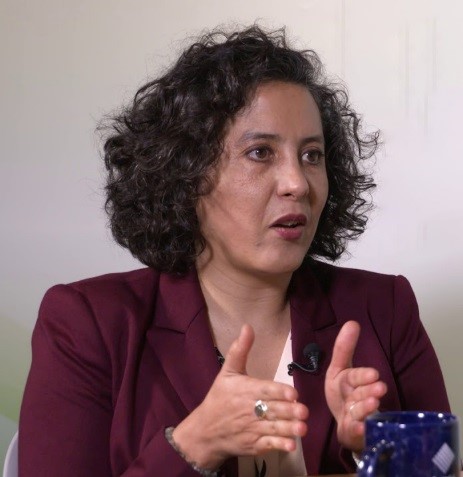Background and Context
In this article, we explore how information, communications, and computational technology, or computer technology for short, influences the way that engineering is taught and learned. The goal of our analysis it to contribute towards a research, adoption, and policy agenda for propagating the effective use of computer technology in engineering education and for avoiding pitfalls associated with the connectivity that this technology enables. We seek to inform action and generate conversation amongst instructors, students, researchers, administrators, policy makers, and other key stakeholders in engineering education.
We organize our discussion through six main issues as the focus for systemic change for the effective integration of technology in engineering education. These issues were identified through a Delphi study with a group of engineering education experts. Our analysis of the issues then draws on major policy reports of the use of technology in education and the extant research literature from engineering education and science education as well as technology studies and science studies. Discussion of each of these issues leads to a summary set of recommendations.
Specifically, we address the role of technology in learning engineering, including both technologies developed specifically for learning engineering (learning innovations) and domain-specific computer technologies for engineering practice (computational tools). We next address technology-related issues around instructional design including learning outcomes, assessment, and instructional practice. We include discussion of professional development that better prepares faculty to effectively use technology in the classroom. Finally, we outline the broader ways technology interacts with the work of engineering students and faculty at the systems level – for better and for worse.
AUTHORS

